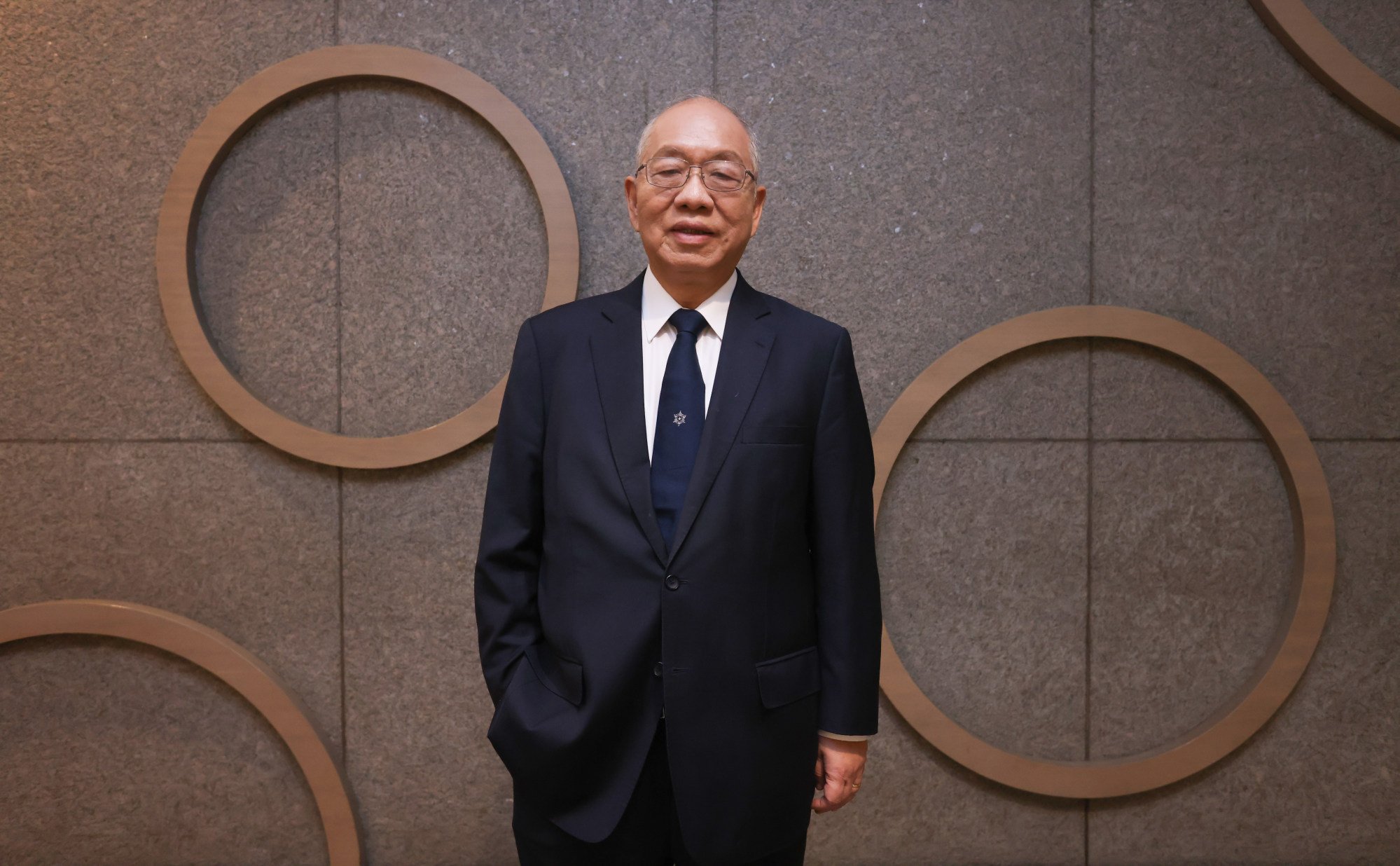Artificial intelligence (AI) will not replace humans as major innovations always come from the power of our minds, according to world-renowned mathematician Shing-Tung Yau, a winner of Hong Kong’s Shaw Prize this year.
The Tsinghua University professor picked up the prize in the mathematical sciences category for his life’s work, including the “Calabi-Yau manifolds”, which provided evidence to show that six “extra dimensions” might exist and was credited for its key role in the development of complex geometry.
In an interview with the Post on Saturday last week, a day before he was presented the prize in Hong Kong, Chinese-American Yau addressed concerns over the rapid advances in AI, saying he was confident the underlying strengths of the technology were not “fundamental enough” to solve the types of complex problems that required human ingenuity.
Do you have questions about the biggest topics and trends from around the world? Get the answers with SCMP Knowledge, our new platform of curated content with explainers, FAQs, analyses and infographics brought to you by our award-winning team.

“[This is] because AI is all based on the data and all the concepts that have been created before,” said Yau, who was raised in Hong Kong and born in neighbouring Guangdong province in mainland China.
“To create a brand new concept, which has never existed before, I strongly doubt that AI would be able to do it.”
Yau, with 57 years of mathematics research under his belt since his student days at the Chinese University of Hong Kong in 1966, said the “most interesting” part of his work was having the chance to create through research, which still gave him a thrill.
Astrophysicists among Hong Kong Shaw Prize winners for fast radio burst find
He added AI was designed to prevent human error. “Human beings make discoveries based on mistakes ... and that, I think, AI would not be able to do.”
The 74-year-old former Harvard University professor said the same logic applied to his attitude over trial and error in his research before he finally solved the mathematical problems that earned him academic recognition.
Without dismissing the pragmatic function of AI, Yau acknowledged it was an “important” tool to give mathematicians some “new ideas and directions”.
“Eventually, hopefully AI can help us to figure out some theorems,” he said. “But that is far away.”
Yau shares the prize with Ukraine-born mathematician Vladimir Drinfeld, 69, who teaches at the University of Chicago in the United States. The pair first met at Harvard University in the 1990s.
Inaugural Hong Kong forum brings together 20 laureates and 200 young scientists
Although their academic work differed, the pair said they agreed with an analogy that compared conducting research to raising a child.
“At each stage, there are problems and there are chores,” Drinfield said. “Then, sometimes, there is some kind of success. So the result is important, but the process is probably more important.”
Hong Kong mock DSE candidates in mainland schools get mixed results
Yau noted that unlike new gadgets and software, which could benefit from users’ feedback, discoveries in the field of mathematics needed a much longer time to come about, and he expected AI development to have its own momentum on that front.
Moving forward, AI would always be “part of mathematics” while pure mathematics could not be detached from its foundations, according to Yau.
He said since both AI and mathematicians made mistakes, and problems still needed to be solved, the two would work hand in hand.
“So there is still a long way to go, [and] a lot of important questions,” he said.
More from South China Morning Post:
- Winners of Hong Kong’s annual Shaw Prize revealed, with astrophysicists who discovered mysterious fast radio bursts taking astronomy award
- Inaugural Hong Kong forum brings together 20 laureates and 200 young scientists in bid to raise profile of city
For the latest news from the South China Morning Post download our mobile app. Copyright 2023.





